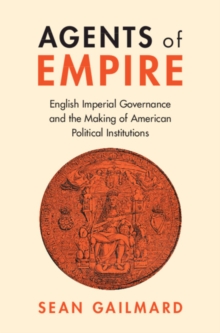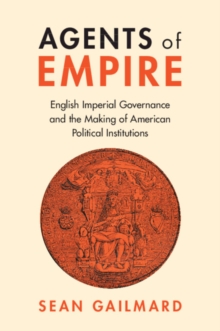
Economic Analysis of Property Rights Hardback
by Barzel Yoram Barzel
Part of the Political Economy of Institutions and Decisions series
Hardback
Description
This is a study of the way individuals organise the use of resources in order to maximise the value of their economic rights over these resources.
Property rights and all forms of organisation result from people's deliberate actions.
In the tradition of Coase, this study offers a unified theoretical structure to deal with exchange, rights formation and organisation which traditional economic theory assumes away.
A person's economic property rights over an asset are defined here as the person's ability to gain from the asset by direct consumption or by exchange.
It is prohibitively costly to measure accurately all assets' attributes; therefore, rights to them are never fully delineated.
Property is consequently in danger of appropriation by others.
Individuals enhance their rights by such actions as the protection and better delineation of their assets.
In this new edition, Professor Barzel introduces the central role of equity capital as a guarantor of the activities of the firm and elaborates on the distinction between economic rights and legal rights.
Information
-
Item not Available
- Format:Hardback
- Pages:175 pages
- Publisher:Cambridge University Press
- Publication Date:13/06/1997
- ISBN:9780521592758
Information
-
Item not Available
- Format:Hardback
- Pages:175 pages
- Publisher:Cambridge University Press
- Publication Date:13/06/1997
- ISBN:9780521592758










